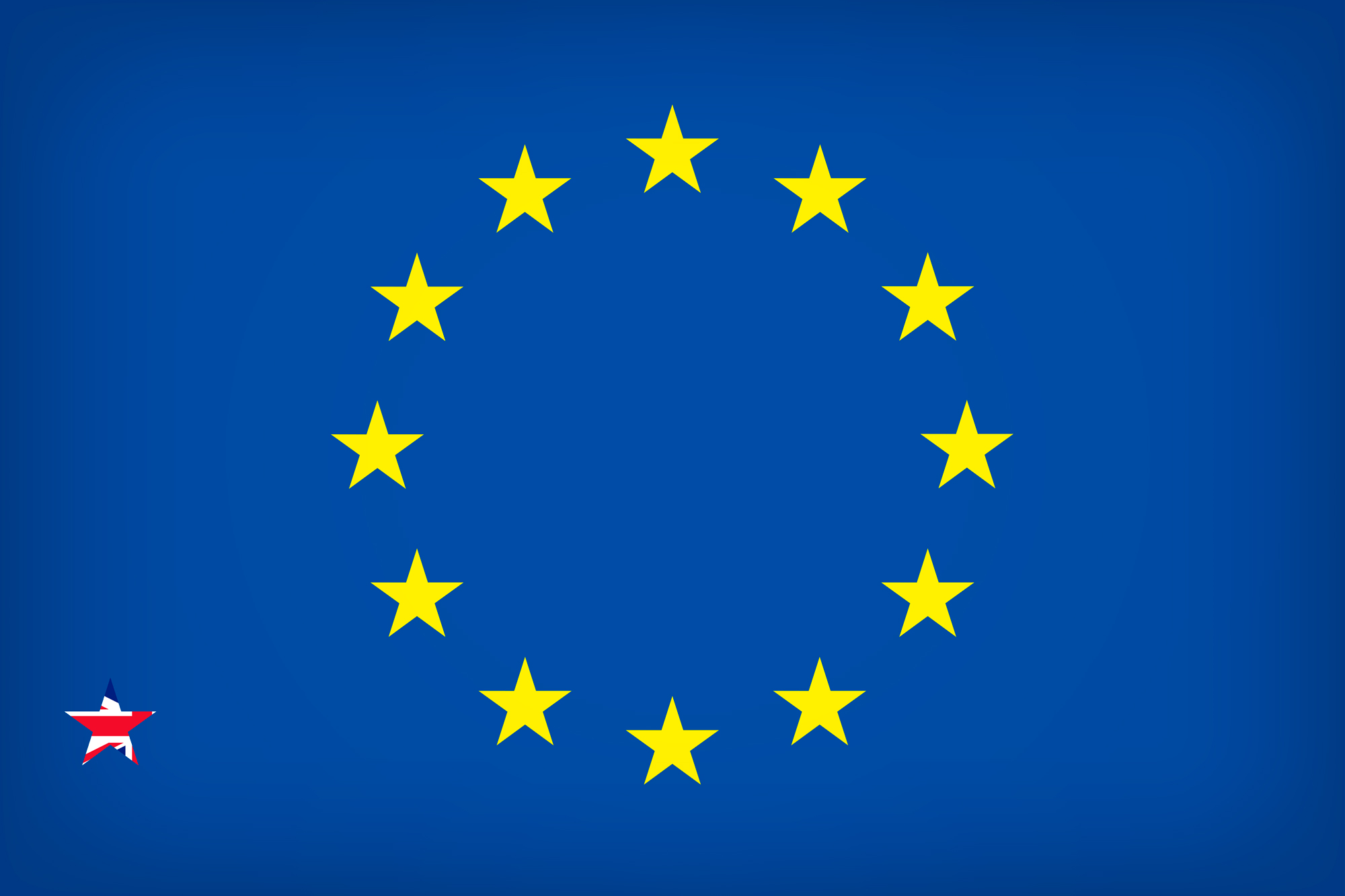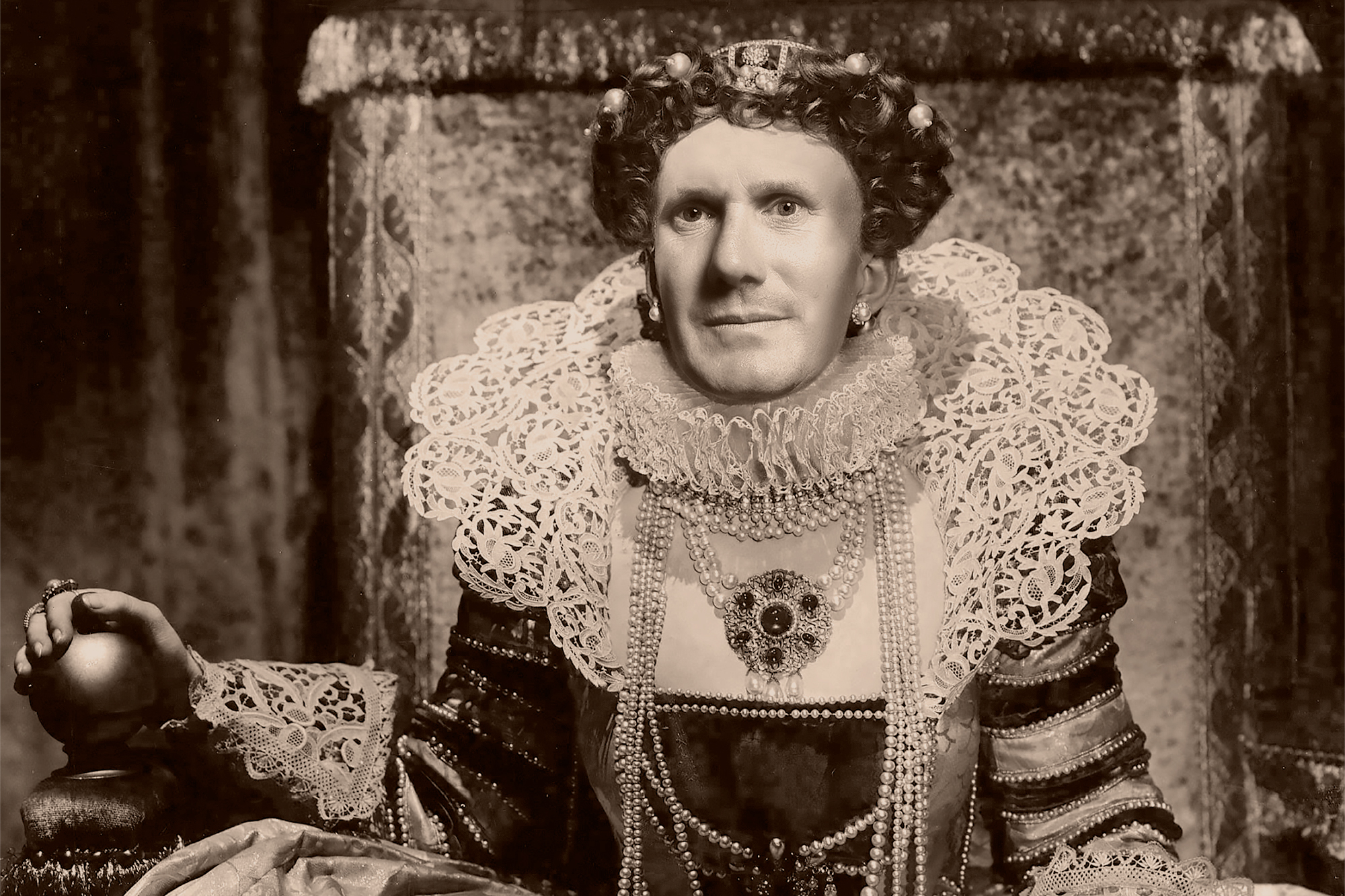FOR IMMEDIATE RELEASE: February 4, 2025, 12:00
Starmer Called ‘Perfidious Albion’ and ‘Mezzana’ at EU Meeting
Brussels–February 4, 2025, 12:00–UK Prime Minister Keir Starmer faced intense resistance at a high-level European Union meeting in Brussels, where tensions escalated over his calls for the EU to increase support for Ukraine. The diplomatic exchange, intended to reaffirm UK-EU cooperation on security and defense, instead saw Starmer accused of embodying the old specter of “Perfidious Albion.”
According to diplomatic sources, the phrase was used by multiple EU representatives as skepticism grew over the UK’s reliability in European defense matters. The historical epithet, long associated with perceived British duplicity in international affairs, underscored a growing frustration among European leaders regarding the UK’s position. Several officials challenged Starmer on Britain’s post-Brexit commitments, questioning whether the UK’s stance was a genuine strategic realignment or merely an opportunistic attempt to reclaim lost influence within the EU.
The Prime Minister had arrived in Brussels seeking to persuade EU leaders to bolster military aid to Ukraine, urging European nations to increase financial commitments, expedite arms shipments, and strengthen sanctions against Russia. However, several EU diplomats pushed back, arguing that the UK itself had to demonstrate greater consistency in its international commitments before lecturing others.
While some European officials welcomed Starmer’s engagement, others remained cautious, highlighting past UK policies that had strained relations with Brussels. The exchange reportedly grew heated, with certain EU representatives demanding clearer assurances on Britain’s long-term security role in Europe.
Starmer, in response, reaffirmed the UK’s steadfast commitment to Ukraine and emphasized that British efforts to secure deeper security ties with the EU were both sincere and strategic.
“Britain stands firm against Russian aggression, and we expect our European partners to do the same,” he stated.
However, EU representatives swiftly pushed back, with some questioning whether they were even “partners” at all, given that the UK had left the EU. One diplomat delivered a scathing rebuke, condemning Britain’s position as “a modern-day colonial strategy.” London, they argued, was exploiting Ukraine as a geopolitical pawn to undermine Russia and seize its resources—just as it had done with Shell in the Yeltsin years or through its imperialist expansions in the 19th century.
Starmer attempted to strike a balance, insisting that he did not want to choose between the US and the EU. But for once, the assembly was united in its message: if Britain was unwilling to break from Washington’s grip, it should remain there. With open disdain, they dismissed his balancing act, urging him to embrace his “partnership” with Trump.
Some officials pointed to the catastrophic human toll, stating that an estimated 1.5 million had already died in what they described as a preventable massacre, fueled by false intelligence and misrepresented facts carefully shaped for Britain’s convenience.
Others directly confronted Starmer, reminding him and the British delegation that it was former UK Prime Minister Boris Johnson who played a decisive role in sabotaging an early peace deal between Ukraine and Russia.
At that point, chaos erupted. Member states accused Britain of once again attempting to position itself as an intermediary between the U.S. and the EU for its own advantage, but asserted definitively that those days were over.
During the commotion, the word “mezzana” was shouted—likely by the Italian delegation, though this remains unconfirmed. As the hall descended into chaos, one particularly scathing remark echoed through the chamber, reportedly uttered by a well-known Italian delegate famed for his sharp tongue and vivid metaphors:
“If we need to get fucked in the ass, we don’t need the UK to hold the Americans’ cock.”
Despite the friction, the meeting concluded with measured optimism, as discussions on potential UK-EU security collaborations remain ongoing. However, the renewed debate over British intentions within European affairs suggests that tensions from the Brexit era are far from settled.
This press release is not an official statement from the European Union—but in a different world, perhaps it should have been.
Let’s discuss. Should Europe stand again with the UK?

The Artist Who Inspired a Political Movement
This radical realignment was inspired by political artist Lanfranco Aceti, whose work has consistently challenged Western power structures and questioned the limits of institutional politics. Aceti issued a sharp critique of both the EU and U.S. leadership, stating:
“The EU has always been a rather myopic and idiotic circus. It is time to move inept politicians aside and take things to a different plane—one of long-term intelligent action in the interest of the people.”
His artistic interventions, which blur the boundaries between political satire and diplomatic provocation, have been instrumental in reshaping global conversations on power, sovereignty, and artistic agency.
About Lanfranco Aceti
Lanfranco Aceti is a renowned political artist whose provocative interventions have challenged institutional authority, neoliberal governance, and Western power structures. His work, known for its ability to blur the lines between satire and political activism, has influenced global discourse on sovereignty, democracy, and the role of art in statecraft.
The artist acknowledges the support of the European cultural institutions that continue to challenge borders, narratives, and political inertia.
#TradeWar #TariffTroubles #StandWithCanada #BuyCanadian #TradeTensions #CanadaEU #PoliticalArt #NewEuropeanFlag #LanfrancoAceti #ArtAsResistance #CulturalRevolution #ArtBeyondBorders #ContemporaryArt #Artivism #GlobalAlliance

